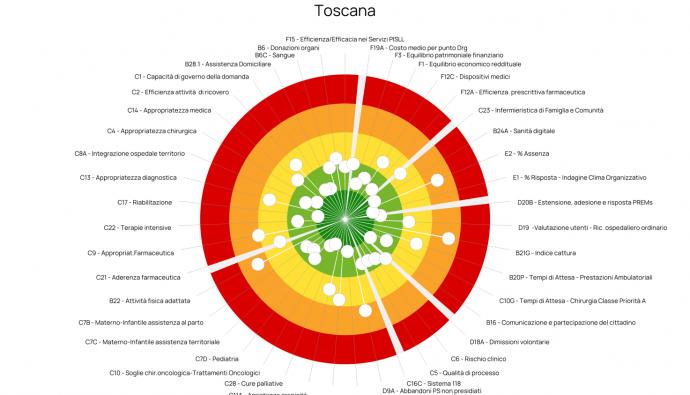Genomics and climate change in the Horn of Africa: Sant'Anna School publishes results of a study on Ethiopian barley to respond to the challenges of the climate crisis

In the new study published in Global Change Biology, the geneticists of Sant'Anna School, through the use of cutting-edge technologies for genomic characterization, sequenced the DNA of a collection of hundreds of traditional Ethiopian barley varieties. For millennia, subsistence farmers in the highlands of Ethiopia have been selecting and maintaining barley varieties adapted to local growing conditions. Today, agriculture in Ethiopia and the Horn of Africa is challenged by the climate crisis, but traditional knowledge of smallholder farmers could provide means to find solutions.
The researchers of the Sant'Anna Center of Plant Sciences, together with Ethiopian scientists, have unveiled and measured the diversity of this cereal; they have studied its genetic features, in particular those related to the adaptation for cultivation in different climatic conditions. Using climate models, they were able to identify geographic areas where, within a few decades, Ethiopian farmers could see their barley cultivation compromised due to expected changes in temperature and rainfall during the main growing season. At the same time, by looking at the diversity of Ethiopian barley, they managed to identify traditional varieties that could compensate for these climatic risks. "The large reserves of agro-biodiversity maintained in subsistence-based agricultural systems could help counteract the effects of climate change" - comments Leonardo Caproni, author of the study - "the integration of genomics and climate science opens up new opportunities for the development of a more resilient agriculture”. The study demonstrates how the assisted migration of traditional varieties from one place to another in the Horn of Africa could immediately address the needs of subsistence-based farming communities.
Matteo Dell'Acqua, coordinator of the Sant'Anna Center of Plant Sciences who signed the study, underlines how "this work is part of a larger picture, the great commitment that Sant'Anna School is making in Africa, with the special program AfricaConnect. With this program we are bringing together agronomic, climatic, social and economic skills to promote equitable and sustainable development in the continent".
Full study available here.



